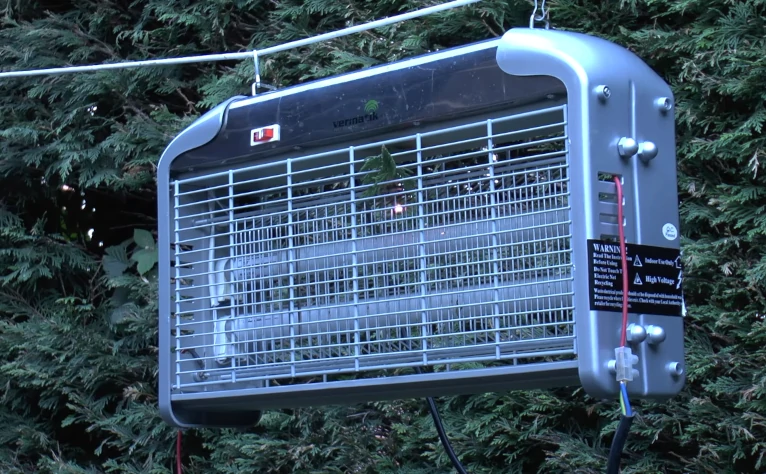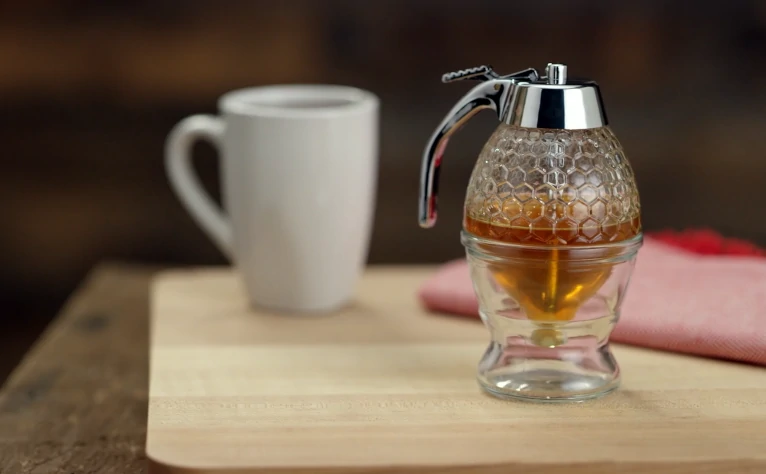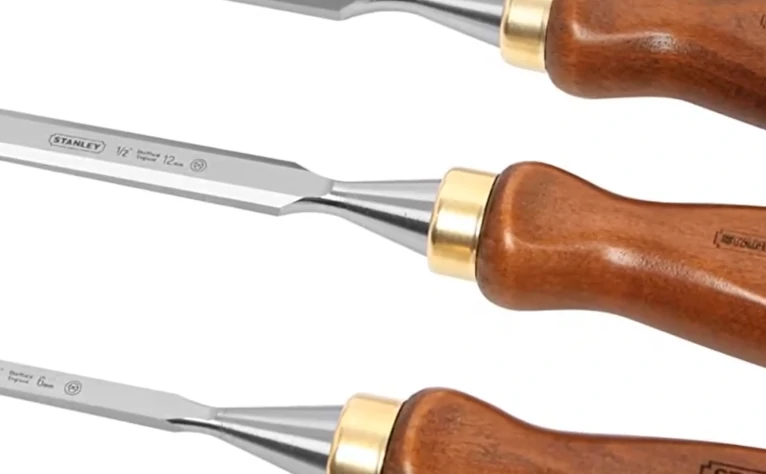Athlete Guide For Healthy Hydration

If you are an athlete or you have the persistence to get involved in recreational exercising, then you are fully aware that water is extremely essential to stay hydrated. Drinking water before, during and after your workout counts in order to provide your body the right amount of water intake. Not only does water keep you hydrated and unparched, it also lubricates your joints and it regulates your body temperature. If in case that your body is not well hydrated, you may feel dizzy or you may experience muscle cramps and fatigue. You may not be able to perform at its maximum level because there is no ample water supply in your body.
The simplest way to check if you are properly hydrated is to inspect your urine. If your urine is constantly light yellow or colorless, then you are perfectly hydrated. On the other hand, if your urine is dark yellow or cloudy, then that is a sign of dehydration already.
There is actually no rules indicating how much water you ought to drink while exercising because every individual has his or her own body build and needs. You need to be wary about the heat and humidity in your ambiance, your sweat rate, and the duration of your workout.
When you do not supply your body with sufficient water, there is a possibility that your body may experience dehydration. It is the state of your body to lose more fluids than what you intake. Your body may not function very well when it is dehydrated. Symptoms may vary according to the individual body build
- Rapid heartbeat
- Dry mouth and eyes
- Lack of sweat
- Muscle cramps
- Nausea or vomiting
- Dizziness or lightheaded feeling
Avoid ignoring these symptoms because there is a possibility that dehydration may lead to a more serious case such as weakness, loss of consciousness and mental confusion. When these symptoms already occur, seek immediate medical attention.
Another effect of dehydration is the heat illness. Heat illness is the inability of the body to cool itself efficiently during hot or humid weather or exercise. Heat cramps, heat exhaustion and heatstroke are the three stages of heat illness. The symptoms for heat cramps encompass sore muscle spasms in stomach, legs, back or arms, while symptoms for heat exhaustion include fainting, vomiting, low blood pressure, headache, and rapid heartbeat. Heatstroke is the most serious one and it is considered fatal to all ages, wherein you may experience difficulty in breathing, abnormal elevated temperature or even disorientation.
Remember that prevention is the simplest cure and in order to stay properly and healthily hydrated at all times, the following steps may be of help to you.
- Consume safe water that has undergone filtering process through a water softener system. Since you are doing activities that can strain your body, drinking water before and after is necessary, at least 16 ounces of water to replace what you may lose when sweating. There are numerous water softener systems in the market but for you to find the highly recommended ones, visit Water Softener Portal for more details about what suits your needs. Water that has been treated by a water softener system is considered safe for drinking as it has removed traces of hard elements found in most hard water. Do a little research about the types of water softeners so that you know the difference of each water softening processes.
- Nothing beats a well-balanced diet to cater your vigorous exercising activities. Not only you are required to drink lots of water, but you also need to eat healthy. Fruits and vegetables have water contents, which may help to increase your fluid intake. These food also have vitamins that can help you regain your strength from your workouts. Food with lean proteins provide you the energy to keep up with your strength.
- Consider drinking freshly squeezed fruit juice for energy, electrolytes and vitamins to boost your immune system and body build up. Usually when exercising, sport drinks are always the drinking buddy because of the amount of electrolytes and ions found in them. However, they have high content of sugar that can cause lethargy and muscle cramps. Fruit juices are great alternatives because they contain natural sugars.
Exercising has been part of most people’s lives simply because it promotes good health, better breathing, and staying in shape. You can do as much perspiring activities as you prefer, but always keep fluid intake a regular habit. Hydration is the secret to athletes to continue with workouts. Take care of your body by consuming lots of safe and healthy water.





